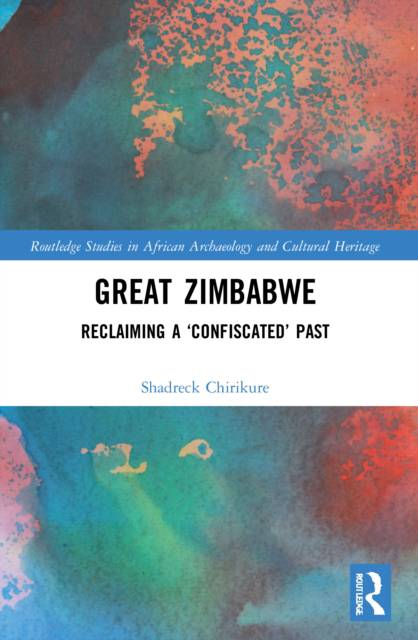
- Retrait gratuit dans votre magasin Club
- 7.000.000 titres dans notre catalogue
- Payer en toute sécurité
- Toujours un magasin près de chez vous
- Retrait gratuit dans votre magasin Club
- 7.000.0000 titres dans notre catalogue
- Payer en toute sécurité
- Toujours un magasin près de chez vous
Description
Conditioned by local ways of knowing and doing, Great Zimbabwe develops a new interpretation of the famous World Heritage site of Great Zimbabwe.
It combines archaeological knowledge, including recent material from the author's excavations, with native concepts and philosophies. Working from a large data set has made it possible, for the first time, to develop an archaeology of Great Zimbabwe that is informed by finds and observations from the entire site and wider landscape. In so doing, the book strongly contributes towards decolonising African and world archaeology. Written in an accessible manner, the book is aimed at undergraduate students, graduate students, and practicing archaeologists both in Africa and across the globe.
The book will also make contributions to the broader field such as African Studies, African History, and World Archaeology through its emphasis on developing synergies between local ways of knowing and the archaeology.
Spécifications
Parties prenantes
- Auteur(s) :
- Editeur:
Contenu
- Nombre de pages :
- 338
- Langue:
- Anglais
- Collection :
Caractéristiques
- EAN:
- 9780367638979
- Date de parution :
- 30-05-22
- Format:
- Livre broché
- Format numérique:
- Trade paperback (VS)
- Dimensions :
- 154 mm x 232 mm
- Poids :
- 544 g

Les avis
Nous publions uniquement les avis qui respectent les conditions requises. Consultez nos conditions pour les avis.






